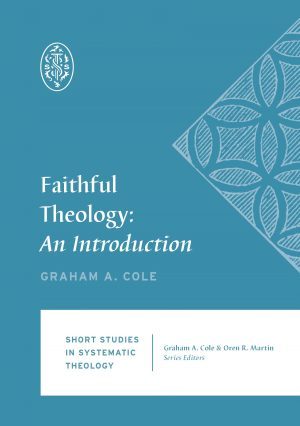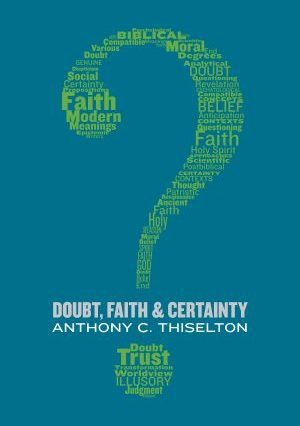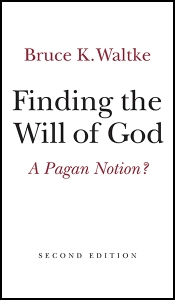
Reading Quadrilaterally: What You Should Read in the Coming Year
Pastors are public intellectuals. We don’t think of ourselves that way, but we should. After all, we stand before congregations and use words to apply Scripture to the various situations our audience members face. That is why Paul exhorted Timothy, … Continue reading Reading Quadrilaterally: What You Should Read in the Coming Year







